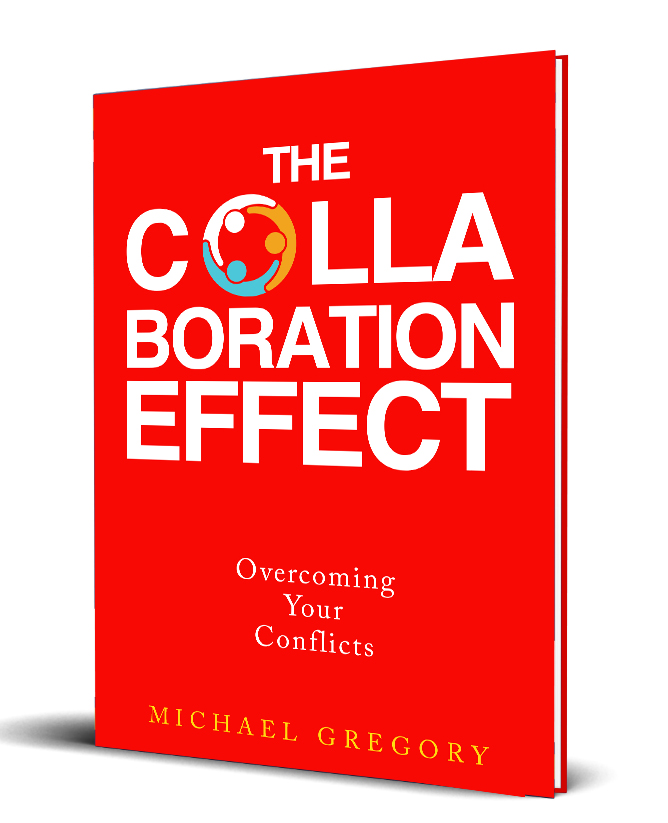
As a mediation and negotiation specialist that worked for the IRS at all levels for over 28 years, I want to share with you how conflict resolution and mediation works at the IRS . It was my pleasure in 2020 to bring mediation to the large case business program (at the time LMSB – Large and Mid-Size Business and later LB&I Large Business and International). Over time 2,500 field specialists were trained in mediation while I worked at the IRS. What follows is commentary to explain various stages of issue resolution at the IRS and how an expert in this area can help navigate these processes.
Overall review
The commentary that follows stems from this chart above. On the left-hand column are the types of taxpayers. They are LB&I (Large Business and International) typically with assets over $10 million; SBSE (Small Business Self Employed) typically with assets $10 million and less but also includes estates and gifts; and TEGE (Tax Exempt and Governmental Entities). Across the top are the various stages of Pre-Filing, Examination, Collection, and Appeals. I have no experience with dispute resolution and Collection, so no commentary will follow on that topic. What follows is commentary on Pre-Filing, Examination, and Appeals.
Pre-Filing
For a few hundred of the largest companies that in general have elected to work collaboratively with the IRS examination team, they have been offered to be included in the Compliance Assurance Program. Taxpayers apply to the program and if accepted IRS agents and specialists collaborate with the large corporate taxpayers while they are working on and filing their return. This program uses real-time issue resolution tools and techniques to resolve issues at the lowest level in a timely fashion. While ensuring accurate tax returns it also shortens the audit process and encourages voluntary compliance.
Examination
This author has presented commentary and a variety of topics related to IRS audits on examination. For example Begin an Audit with the IRS with Collaboration, Business valuations and the IRS 2023, This is how to interact with an IRS Estate and Gift Tax Attorney on valuation, Token Concessions and Counteroffers in Negotiations with the IRS on Business Valuations and more. A six part series addressed technical issues with 1 Setting the Stage, BV, and conflict resolution, 2 top issues of disagreement in BV, 3 Discount for Lack of Marketability issues, 4 S-Corp Issues, 5 BV, the IRS and conflict resolution, and Revenue Ruling 59-60 the IRS and conflict resolution. These are all examples of how you can work with the IRS to resolve issues on examination.
Returning to the chart above, when an examination has met an impasse and before an unagreed case proceeds to Appeals it is possible to try and resolve an issue while still in examination with Fast Track Settlement and/or an Early Referral to Appeals.
Fast Track is a mediation type of process for most examination issues. A mediator from Appeals will try to help the taxpayer and the exam team reach a settlement on disputed issues. If the case is unagreed the case can still proceed to Appeals. From the link above there are additional details regarding the process at SBSE, LB&I, TEGE, and collection issues. If the case is not settled, there may be a lengthy process at Appeals and there is always the potential risk for litigation.
An Early Referral to Appeals may allow the examination team to continue to work other issues while this issue is sent to Appeals. In this instance a settlement on this issue may help the IRS and the taxpayer to resolve other issues on examination. For complete information on this approach refer to Revenue Procedure 99-28.
If the case is unagreed after an examination the case will typically proceed to Appeals. Note that the case when received at Appeals must have at least 9 months on the statue for example for an estate or gift case.
Appeals
If a case is unagreed and proceeds to Appeals the Appeals Officer assigned to the case will attempt to settle the case based on the hazards of limitations. However, if the case is not settled it may be possible to apply Post Appeals Mediation before proceeding to litigation.
Post Appeals Mediation is another opportunity for you and the IRS Appeals Officer this time to try and reach an agreement with another Appeals Officer. This time the other Appeals Officer is an Appeals mediator. The IRS suggests that the taxpayer wage the downside risk of time and money to proceed to litigation. This is the last stop before preparing for litigation. This process applies to both legal and factual issues. Both sides must agree to Post-Appeals Mediation and both sides should have a written statement detailing their position, and the disputed issues. If the taxpayer’s application is approved there are ways to prepare for a successful mediation. For more information read Revenue Ruling 2014-63.
Summary
The IRS offers LB&I, SBSE, and TEGE ways to resolve or settle issues with taxpayers. Cases are resolved by examination based on the facts and law. Cases are settled at Appeals based on the hazards of litigation. These are two different standards. Overall, the IRS offers ways to overcome differences during pre-filing, examination, collection, and Appeals. No information is provided about collection given this authors inexperience in this area. However, introductory information regarding prefiling, examination, and Appeals is provided to help you understand each area.
If you are interested in learning more about Business Valuations and the IRS regarding policies and procedures, resolving issues, or the three most audited business valuation issues and how to address them, check out this link.
About the author
Mike Gregory is a professional speaker, an author, and a mediator. You may contact Mike directly at mg@mikegreg.com and at (651) 633-5311. Mike has written 12 books (and co-authored two others) including his latest book, The Collaboration Effect: Overcoming Your Conflicts, and The Servant Manager, Business Valuations and the IRS, and Peaceful Resolutions that you may find helpful. [Michael Gregory, ASA, CVA, MBA, Qualified Mediator with the Minnesota Supreme Court]

